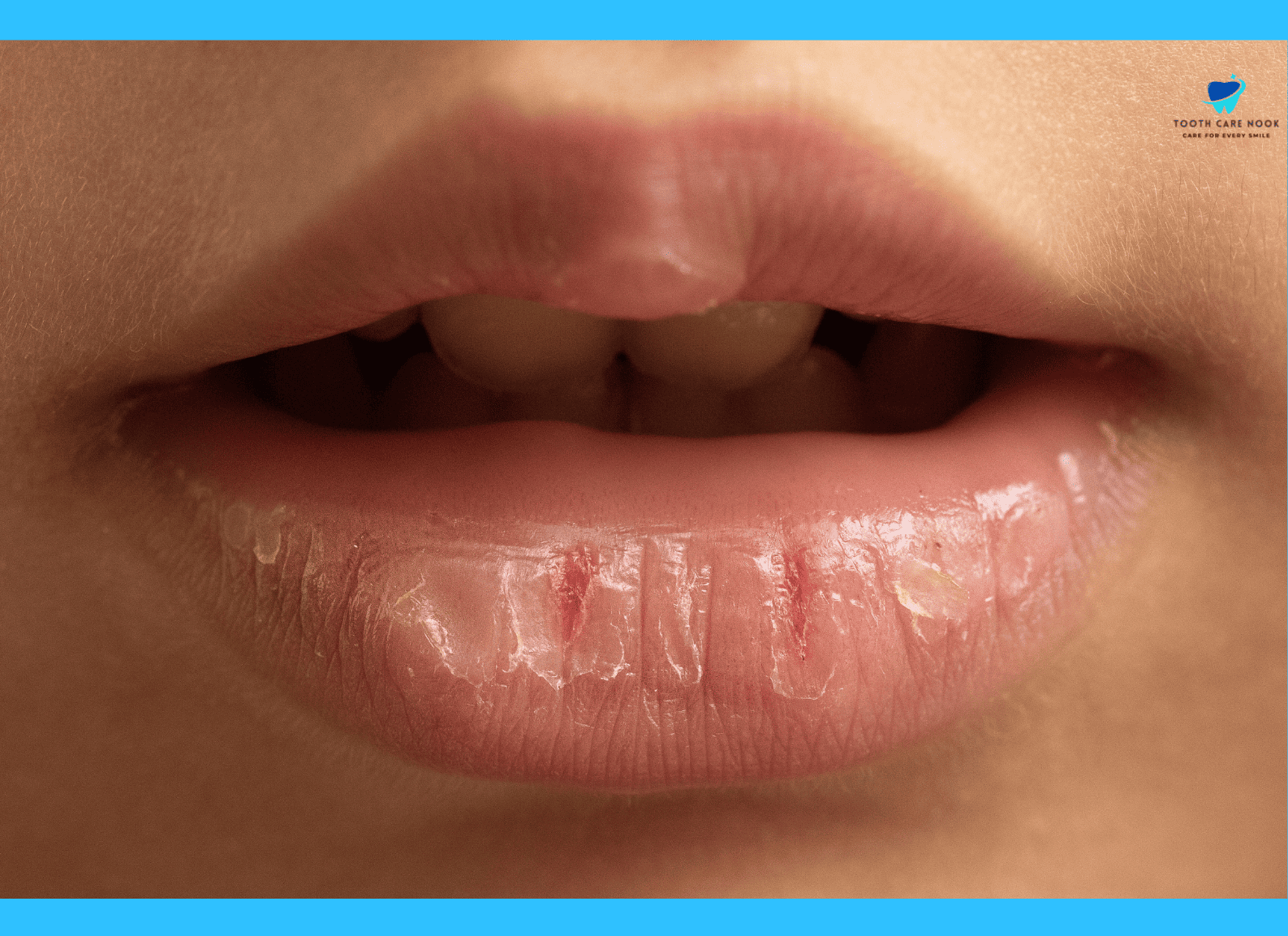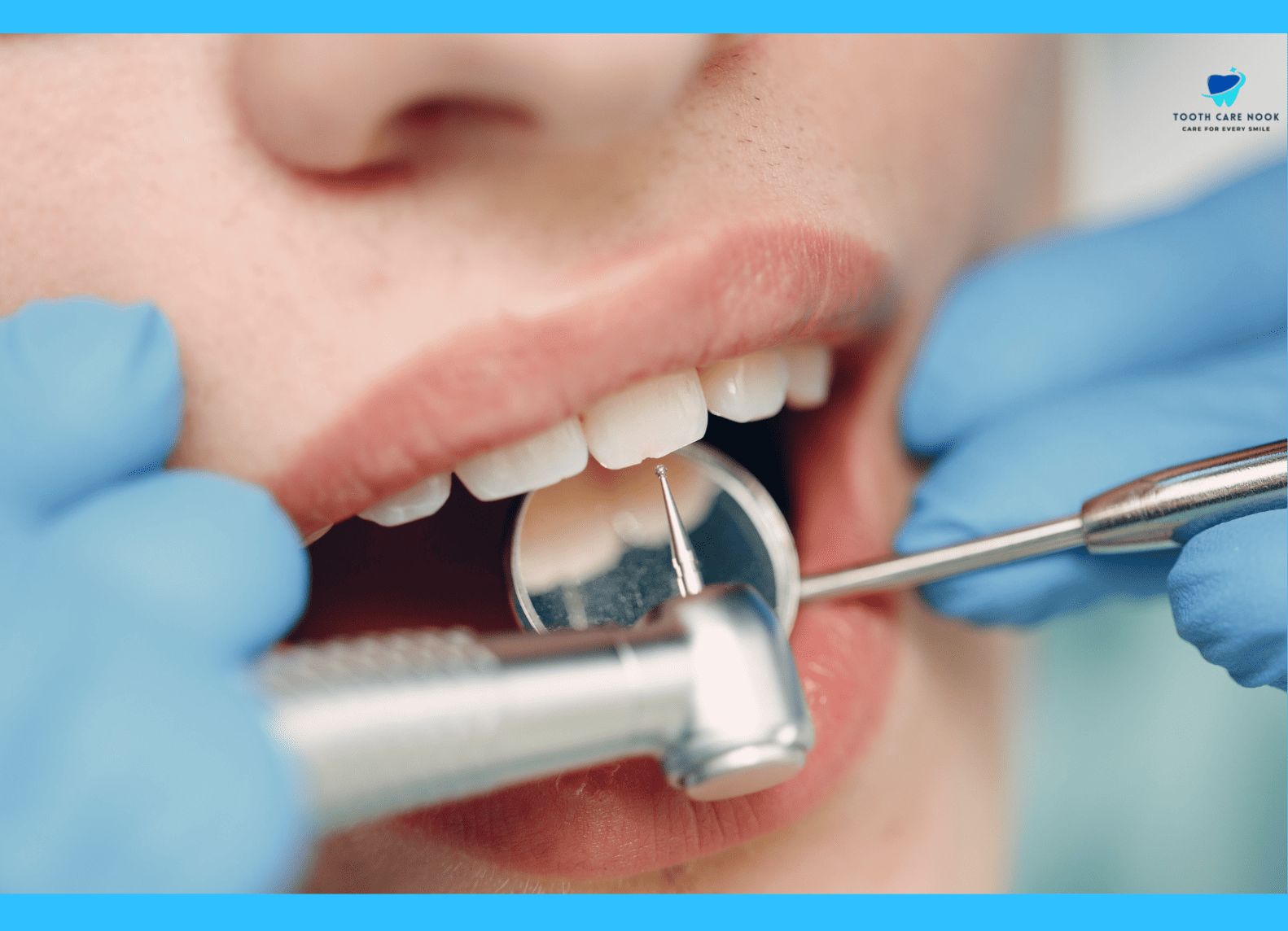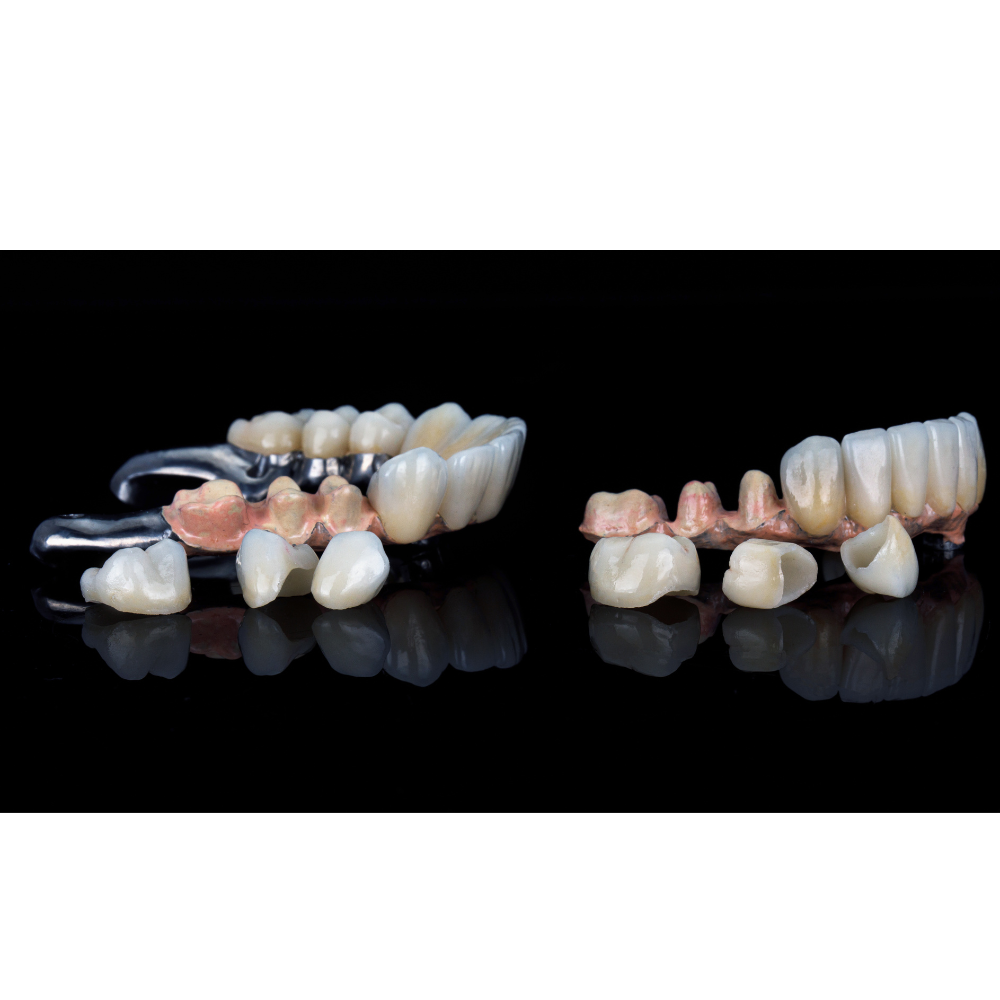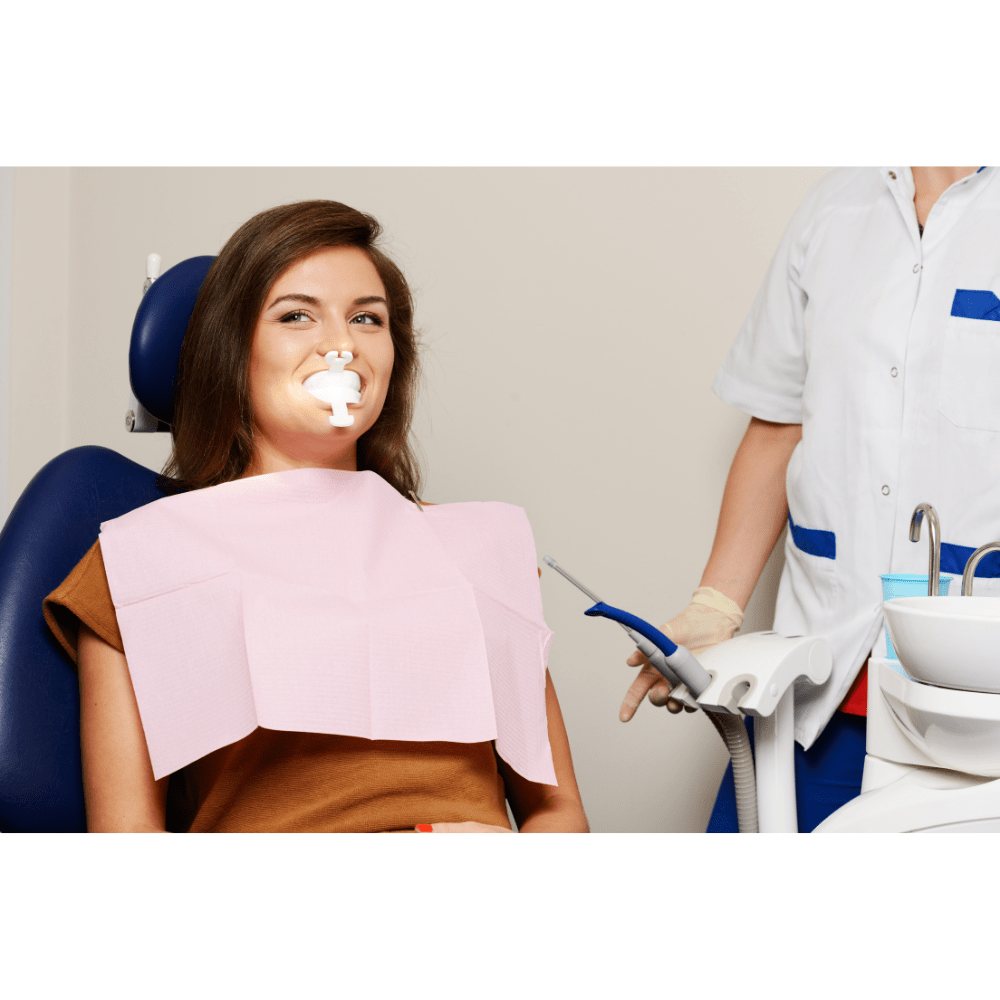Is Tea Bad For Your Teeth | Dental Expert’s Take
Tea is one of the most popular beverages worldwide cherished for its soothing qualities and numerous health benefits in its many varieties. Whether you enjoy a robust black tea in the morning, a calming green tea in the afternoon, or a flavorful herbal blend in the evening, tea is an integral part of daily life for many.
In this article, you will get to know the effects of tea on dental health backed by insights from leading dental experts. We’ll look at what makes tea both beneficial and harmful to your teeth, how different types of tea compare, and what you can do to enjoy your favorite drink without compromising your oral health.
How Are Tea And Oral Health Related?
Tea’s main relationship with oral health lies in its potential to affect dental hygiene positively and negatively. It contains polyphenols that can help combat plaque and reduce bacteria, supporting oral health. However, tea’s acidity and staining properties pose risks to enamel integrity and tooth discoloration over time.
Is Tea Bad For Your Teeth?
Tea is not bad for your teeth, but it can have some effects that warrant consideration for dental health. Some specific types of tea can stain teeth due to tannins.
While tea can have some staining effects, the benefits of unsweetened tea for your teeth outweigh the downsides. Enjoying tea in moderation and practicing good oral hygiene habits is a must to minimize potential negative effects.
Side Effects Of Tea On Teeth
Sugar Rush:
Added sugars in sweetened teas can contribute to cavities by feeding the bacteria that cause them.
Acidity Alert:
Some teas especially black tea are slightly acidic. Excessive acidic drinks can weaken tooth enamel over time while not a major concern.
Dry Mouth:
Certain teas can have a drying effect on the mouth. This can be temporary but can also contribute to bad breath if saliva flow is significantly reduced.
Nutrient Interference:
Tannins in tea can also bind to certain nutrients like iron which hinders their absorption in the body. Space out your tea consumption from iron-rich meals if you’re concerned about iron deficiency.

Does Tea Cause Tooth Decay?
The tea itself doesn’t cause tooth decay. However, sweetened teas with added sugars can promote decay by feeding bacteria in the mouth that produce acids. You can opt for unsweetened teas, drink water afterward to rinse away acids and maintain good oral hygiene practices to protect dental health.
Can Tea Cause Cavities?
Yes, sweetened teas with added sugars can contribute to cavity formation. This provides food for bacteria in the mouth which produce acids that erode tooth enamel.
Ways To Avoid Teeth Discoloration
Diet Control:
Be mindful of what you consume. Dark-colored beverages like coffee, tea, red wine, and soda are notorious stainers. Limit these drinks and rinse your mouth with water after consuming them. Certain foods like berries and curries can also stain teeth, so enjoy them in moderation.
Brush Smart:
Brushing twice daily with fluoride toothpaste is essential. Choose a soft-bristled brush and focus on all surfaces of your teeth, including the tongue where stain-causing bacteria can linger. Flossing daily removes food particles and plaque between teeth, preventing stain build-up in those hard-to-reach areas.
Smoking Cessation:
Smoking is a major culprit for stained teeth. Quitting smoking is not only good for your overall health but can also significantly improve the appearance of your smile.
Natural Whiteners:
Consider incorporating natural whitening methods into your routine. Brushing with baking soda a few times a week or using fruits like strawberries occasionally can offer mild whitening effects.
Professional Cleanings:
Regular dental cleanings are very important for removing stubborn stains and maintaining overall oral health. Your dentist can also recommend professional whitening treatments for a whiter smile.

FAQs
Is Tea Good For Gums?
Yes, tea, especially green tea can be good for your gums. Because green tea boasts compounds called catechins which have anti-inflammatory properties. This can help reduce gum swelling and irritation, a sign of gum disease. Also, catechins in tea may fight bacteria that contribute to gum disease.
Can I Whiten My Teeth After Drinking Tea?
Yes, you can whiten your teeth after drinking tea. However, wait at least 30 minutes after consuming tea to allow any staining pigments to fade before brushing or using whitening products.
Are There Any Teas That Specifically Benefit My Teeth?
Green tea with its antibacterial properties might help reduce bacteria that contribute to stains and cavities. Unsweetened black tea may also help prevent new stains from forming.
What Alternative Drinks Can I Have For Healthy Teeth Besides Tea?
Water is always the best choice for your teeth. Unsweetened milk or clear, unsweetened sparkling water are also good options.
How Does Tea Compare To Coffee In Terms Of Teeth?
Both can stain teeth but coffee tends to be worse. Tea contains some fluoride which can help strengthen enamel while coffee doesn’t.
Can I Drink Tea Before Bed?
Limit caffeinated teas before bed especially black tea as it can disrupt sleep. Opt for herbal teas like chamomile or peppermint for a relaxing bedtime drink.



